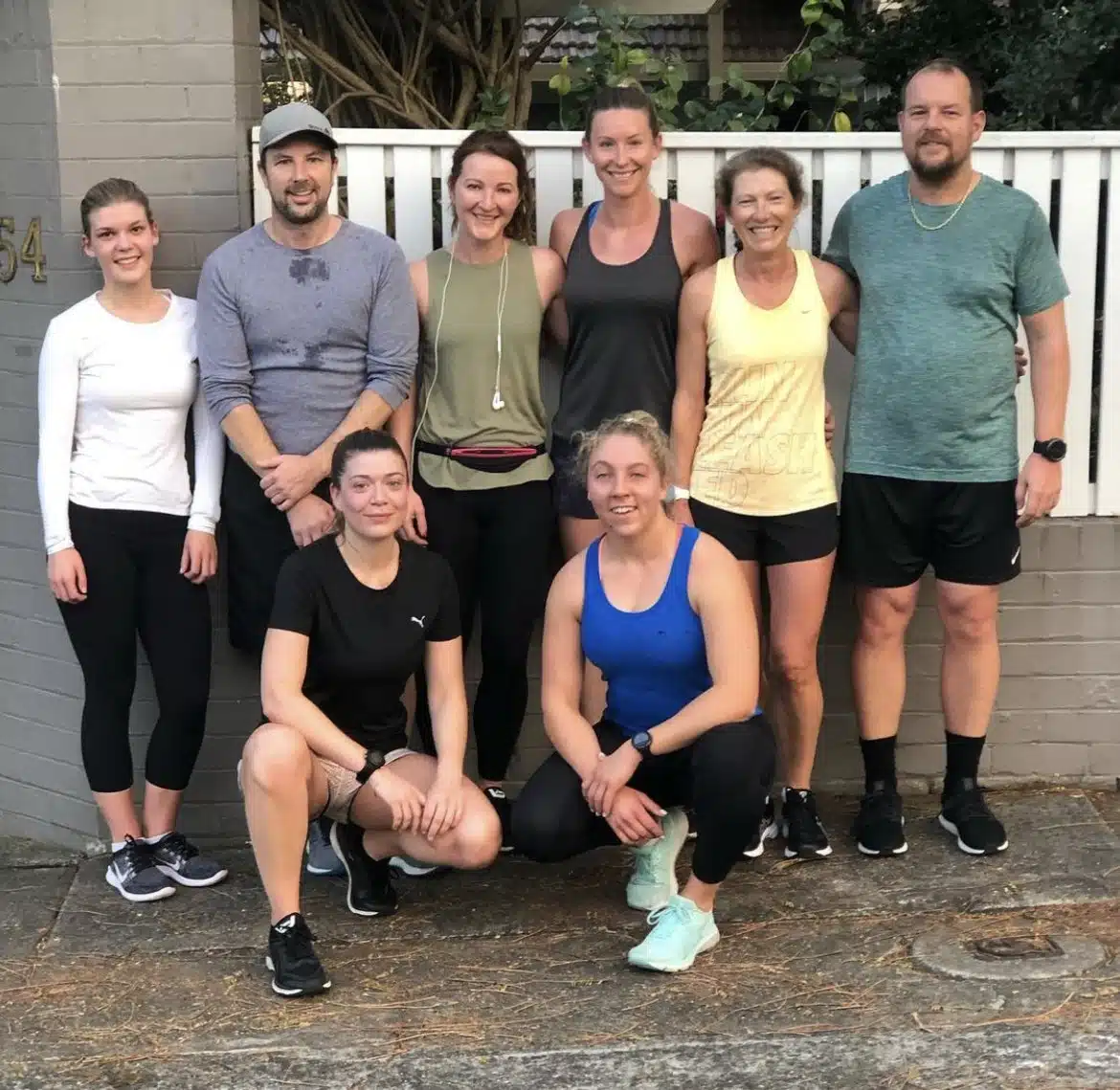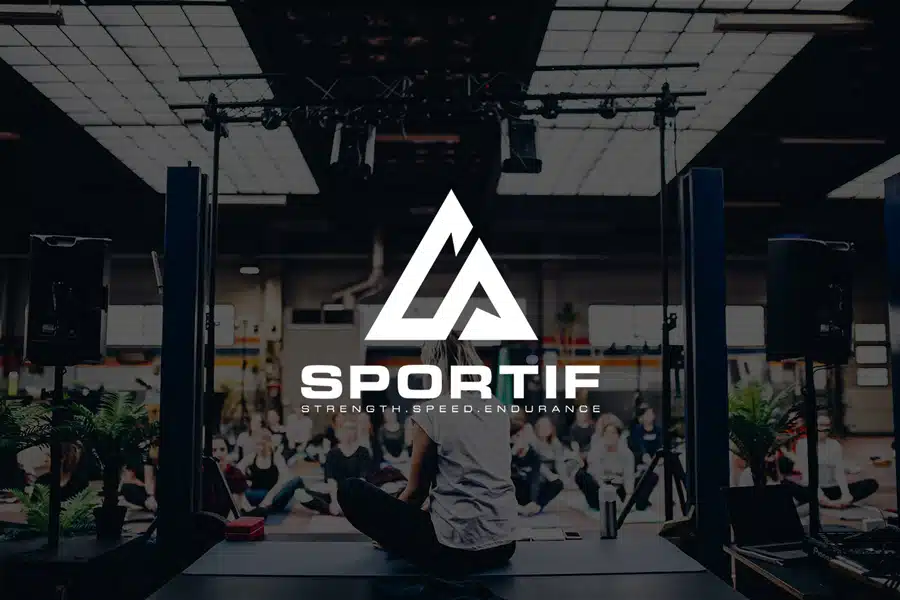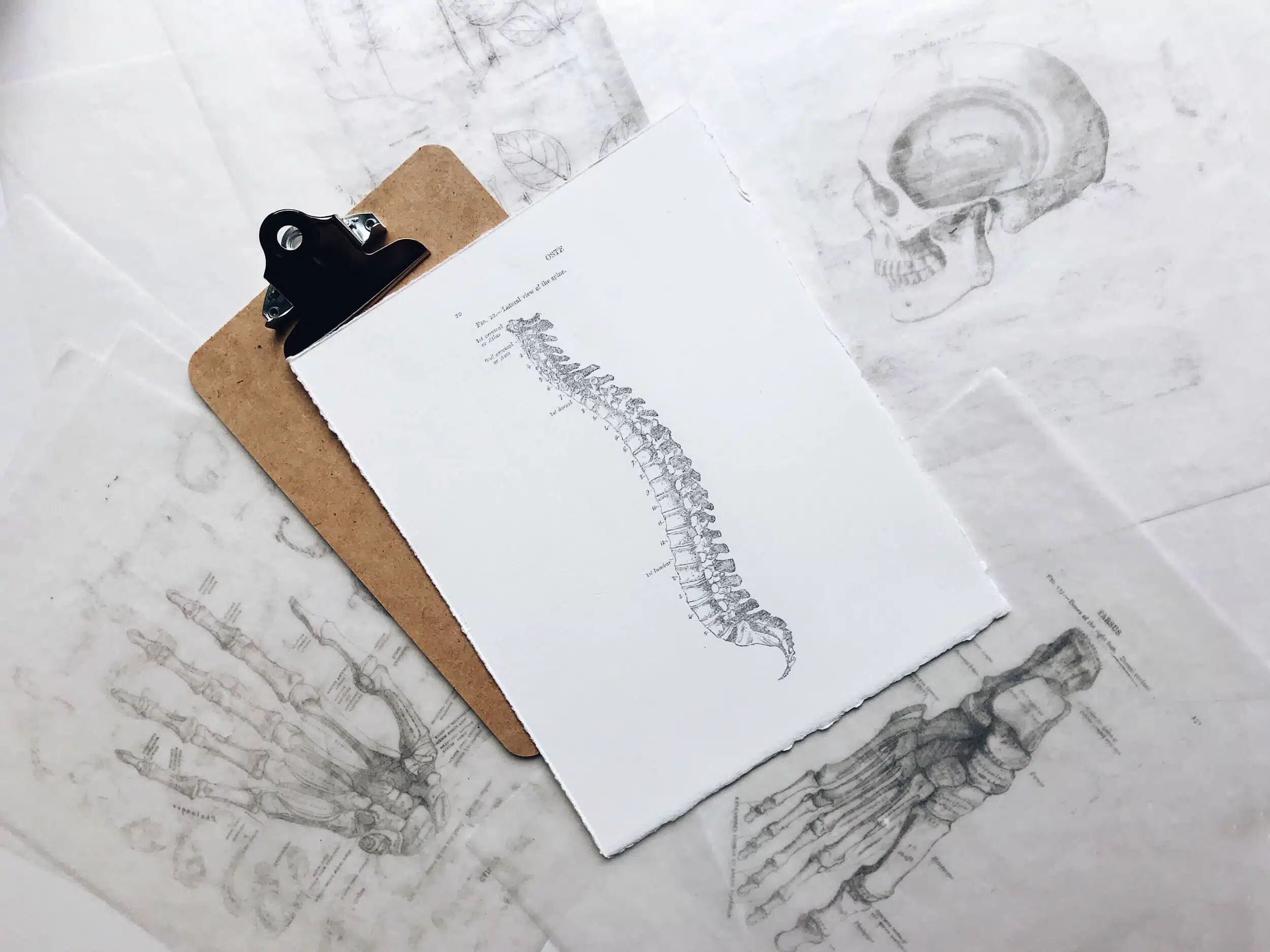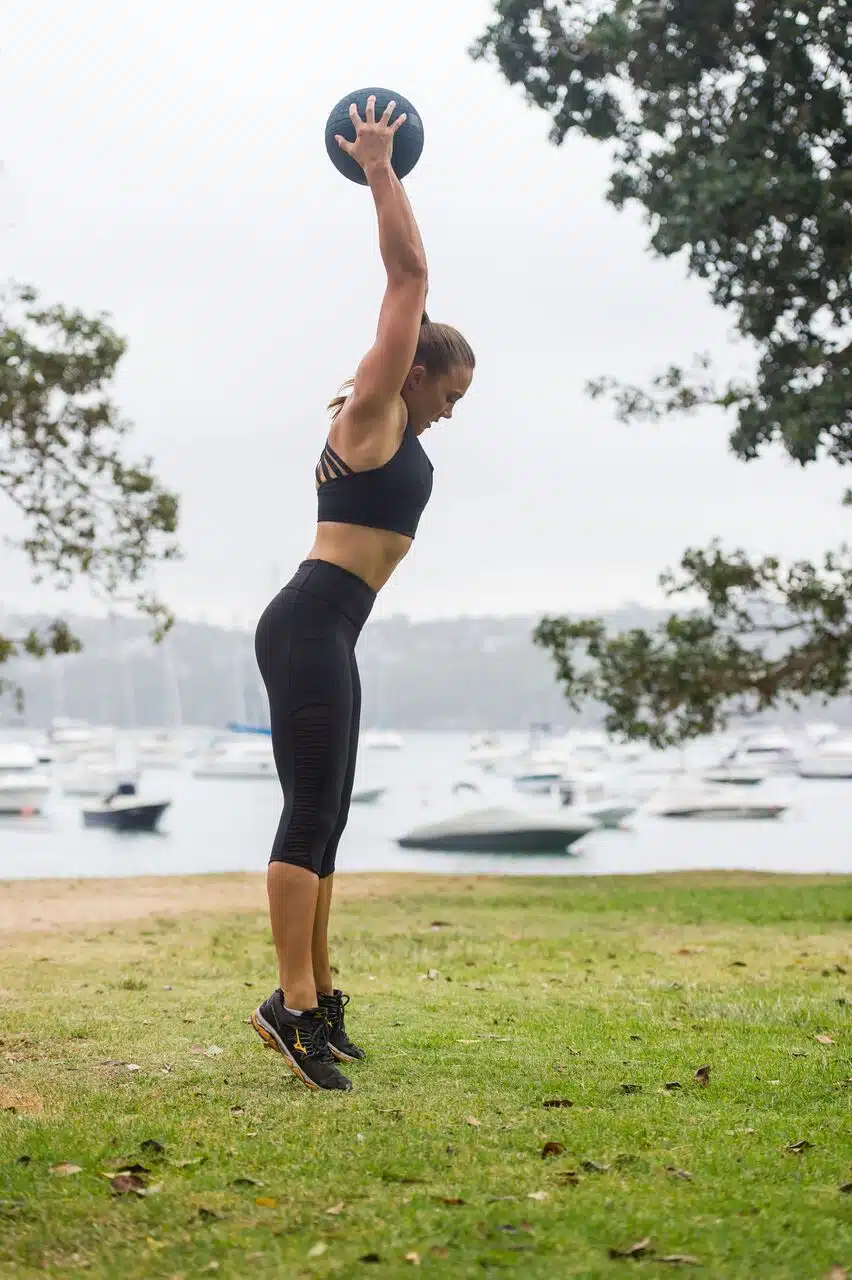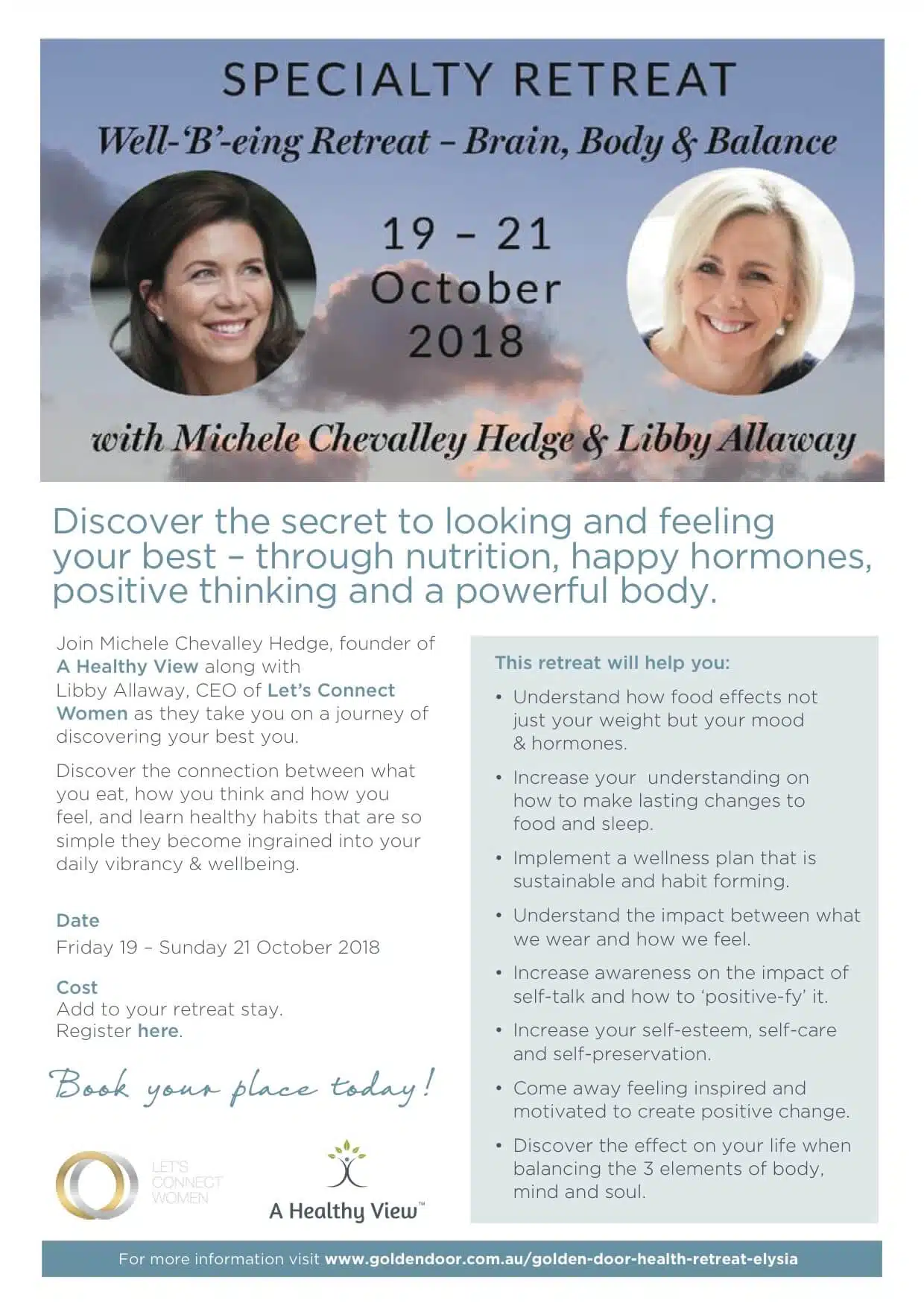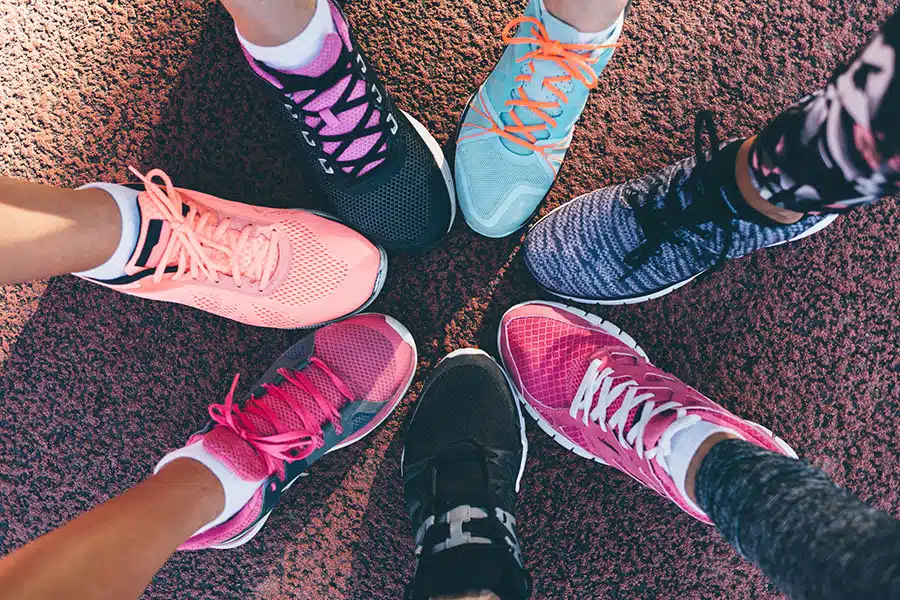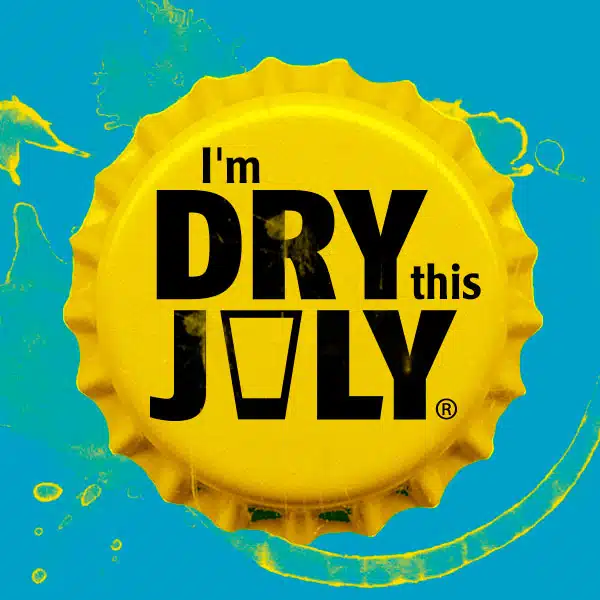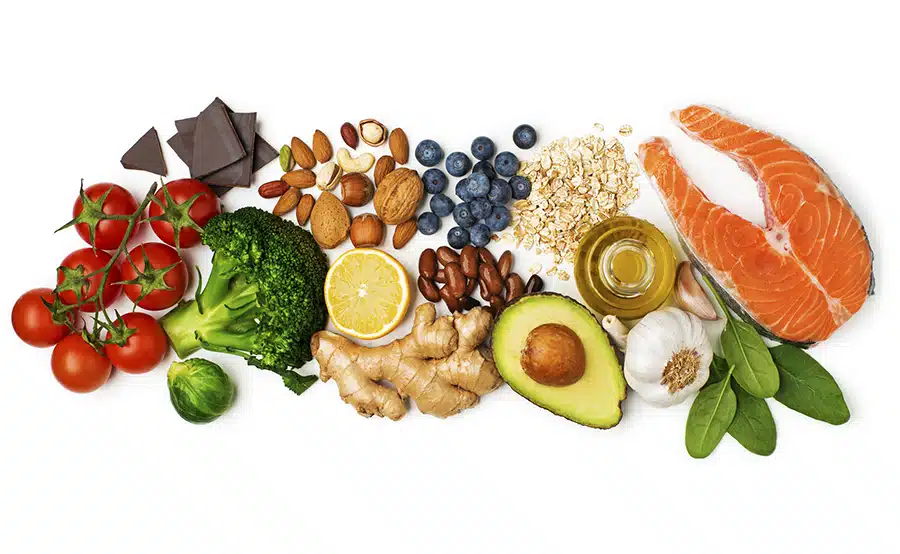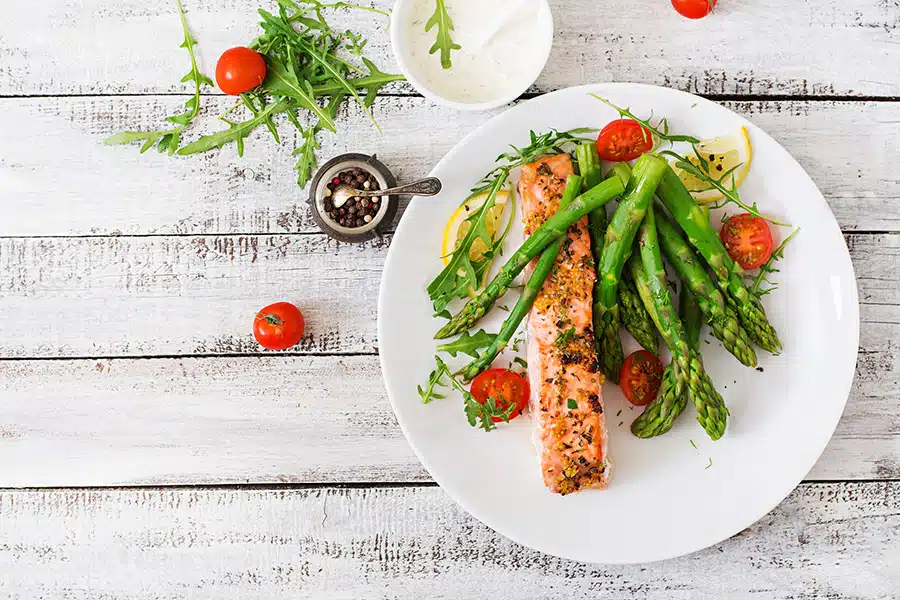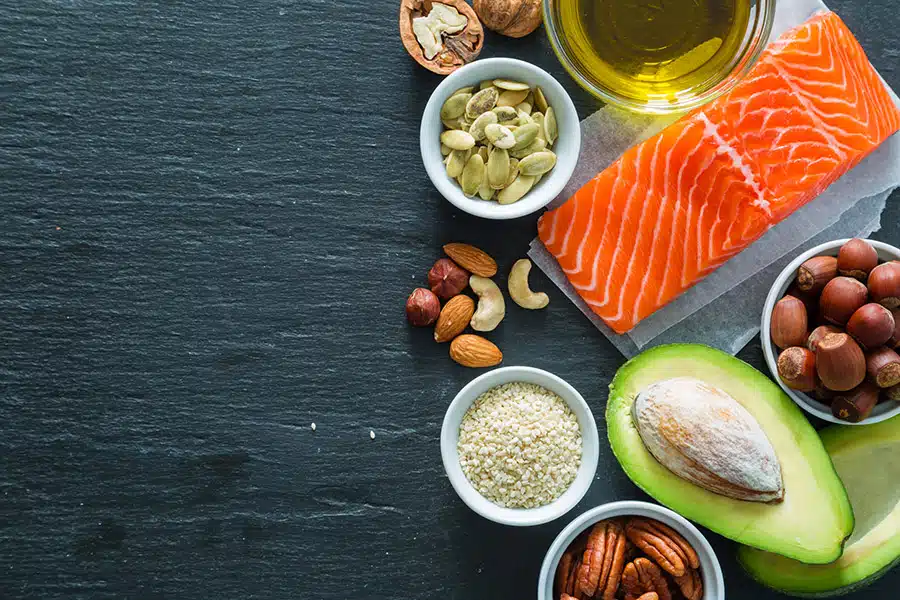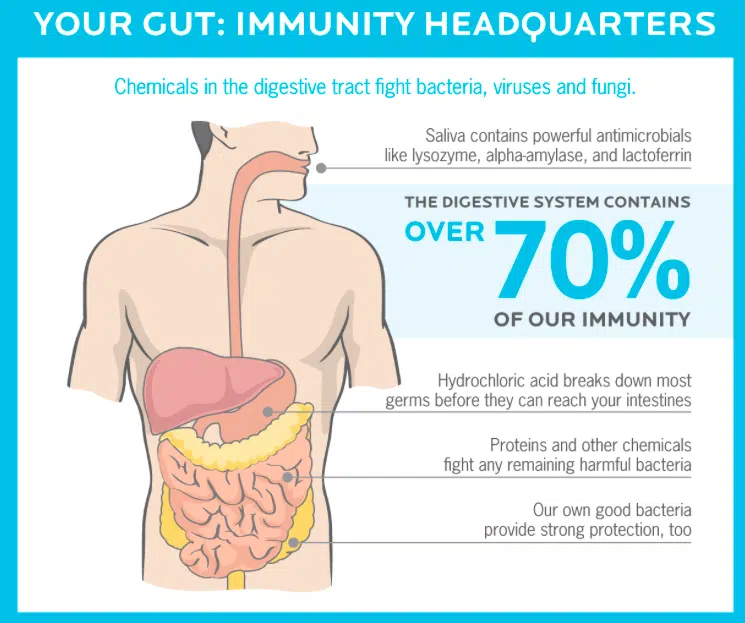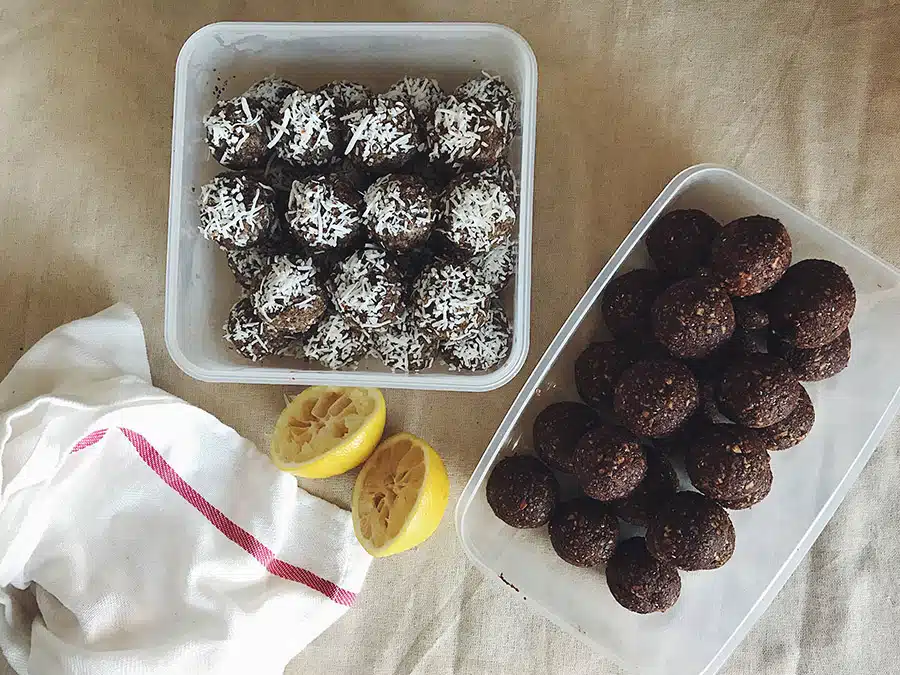Regardless of whether you are a runner training for a half marathon, ultra marathon or just for fun, having a well balanced nutritional program for you will help you get the most out of your training and performance.
Carbohydrates and energy
Carbohydrates are any endurance athletes best friend when it comes to providing energy and getting the most out of your body. As an endurance athlete, carbohydrates should make up about 60 – 65% of your total calorie intake. In long distance running (over 10km), our bodies rely predominately on glycogen as fuel. Glycogen is a carbohydrate that is stored in muscles and the liver.
Protein
Protein rich foods are important for muscle replacement and recovery, maintaining energy requirements, blood sugar levels and boosting the immune system. Protein is an essential nutrient, protein keeps you feeling fuller for longer, which will help with heavy training loads and hunger. Protein should make up about 15% – 20% of your daily intake. It is important to include a serving of protein at every meal. Try to concentrate on protein foods that are low in fat and cholesterol such as lean cuts of meats, fish, nuts, eggs, low-fat dairy products, whole grains, and beans.
Fats
While endurance athletes should try to follow a low fat diet, it is recommended to include ‘good fats’ into your diet as they help with physiological process such as growth and development, skin health, hair growth, metabolism, reproductive system health and cell membrane integrity. Foods such as nuts, oils, and cold-water fish provide essential ‘good fats’ called Omega 3’s. These omega 3’s help with delayed onset of muscle soreness, joint pain and repairing cartilage tissue damage.
Hydration
It is also very important that you are well hydrated during and after training sessions. For any event/session less than 45 minutes, water is adequate for your energy needs. However having a high intensity session, or during a heavy phase of your training (e.g. leading up to an event), you will benefit from either using sports drinks or a readily available source of carbohydrate such as gels, chews or lollies. Coconut water is a great drink post workout or event as it aids in rehydration and contains key electrolytes (calcium, magnesium, potassium & sodium). Did you know that coconut water contains the same amount of potassium as 1 banana or 15 sports drinks.
How much should I consume, and how often?
- Staying hydrated and keeping up your carbohydrate energy stores is extremely important for your race day strategy. This is too often overlooked by competitors and it can result in poor performance, muscle cramping, dehydration and slow recovery times.
- If you are competing in an event over 60min you must plan for proper nutrition. To ensure you are comfortable and your body gets the required intake to perform at its best, aim to take 500-750ml of water per hour of running and combine it with the essential carbohydrates (options include an electrolyte sports drink, or plain water topped up with a gel/chew or suitable food).
How often should I drink or eat during my event?
- Plan out your race. Check how many aid stations are on course, and how frequently they are (usually every 2km or 5km).
- Each aid station will have 150-200ml cups of water or sports drink available, so you should aim to drink 3 of these each hour that you run.
- If you need to top up your carbohydrates for energy, then you can consume your food or gel/chew as you run but make sure you keep an eye on your watch so you know if you’re taking the correct amount of fuel for every hour that you’re competing.
- Even if you aren’t hungry, your muscles will thank you for the carbohydrates. Don’t wait until you are feeling fatigued, it will be too late to recover. The key is to consume your hydration and fuel before you feel fatigue setting in. So make sure you listen to your body and if you’re feeling good, keep up with your nutrition strategy for the rest of the race.
GETTING READY FOR RACE DAY – QUICK TIPS FOR TRAINING NUTRITION
Less than 1 hour If you’re rolling out of bed, not starving, and only going for a few kilometres, you probably don’t need anything more than water to help with your training. Additionally coffee can help, as it will not only help to stimulate your mind, but elevate your heart rate and therefore you may gain a better response from your training. If you are doing a high intensity short session (e.g. intervals) athletes should aim to maximize carbohydrate availability such as having easily digested carbohydrate rich snacks (e.g toast with honey or a banana) 30min before, or try consume carbohydrates (e.g. sports drink/gel) during the session. More than 1 hour If your session or race is upwards of one hour then you need to look at incorporating a nutrition strategy into the mix. This is where a varied approach can be taken by mixing up food choices depending on the session. During high intensity training session over 60 minutes or moderate intensity sessions over 90 minutes, the general rule of thumb is that we require between 30 – 60g of carbohydrate per hour. ‘Real’ food suggestions (containing around 50g of carbohydrates and are low fat, fibre and protein):
- 2 x White or fruit bread, bagels or pikelets; with honey or jam type spreads
- 2 x Muesli bars
- 2 x banana
- 75g of dried fruit
These are all easily digestible carbohydrates that will help with fast digestion. Be wary If you are susceptible to gastric problems (stomach pains) due to nerves or other factors. Additionally too much fatty food can give you gastric problems and this can last for a few days. Look at your ‘good fat’ options as an alternative. A great tip is to stick to what you know and to limit trying new foods before a race. Practise first in training to see if your body can tolerate it.
Recovery
Training/Competing will not only challenge the athletes carbohydrate stores, but also cause some damage to muscle fibres, which will delay recovery. Strategic intake of carbohydrate rich and quality protein foods soon after training/compeiting will enhance the rate of muscle glycogen depletion and make it easier for athletes to consume enough carbohydrate before their next training session.

